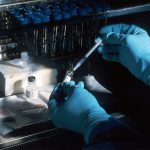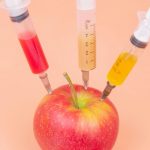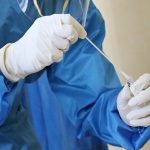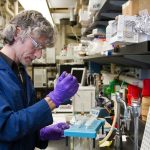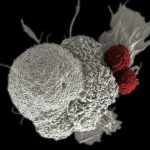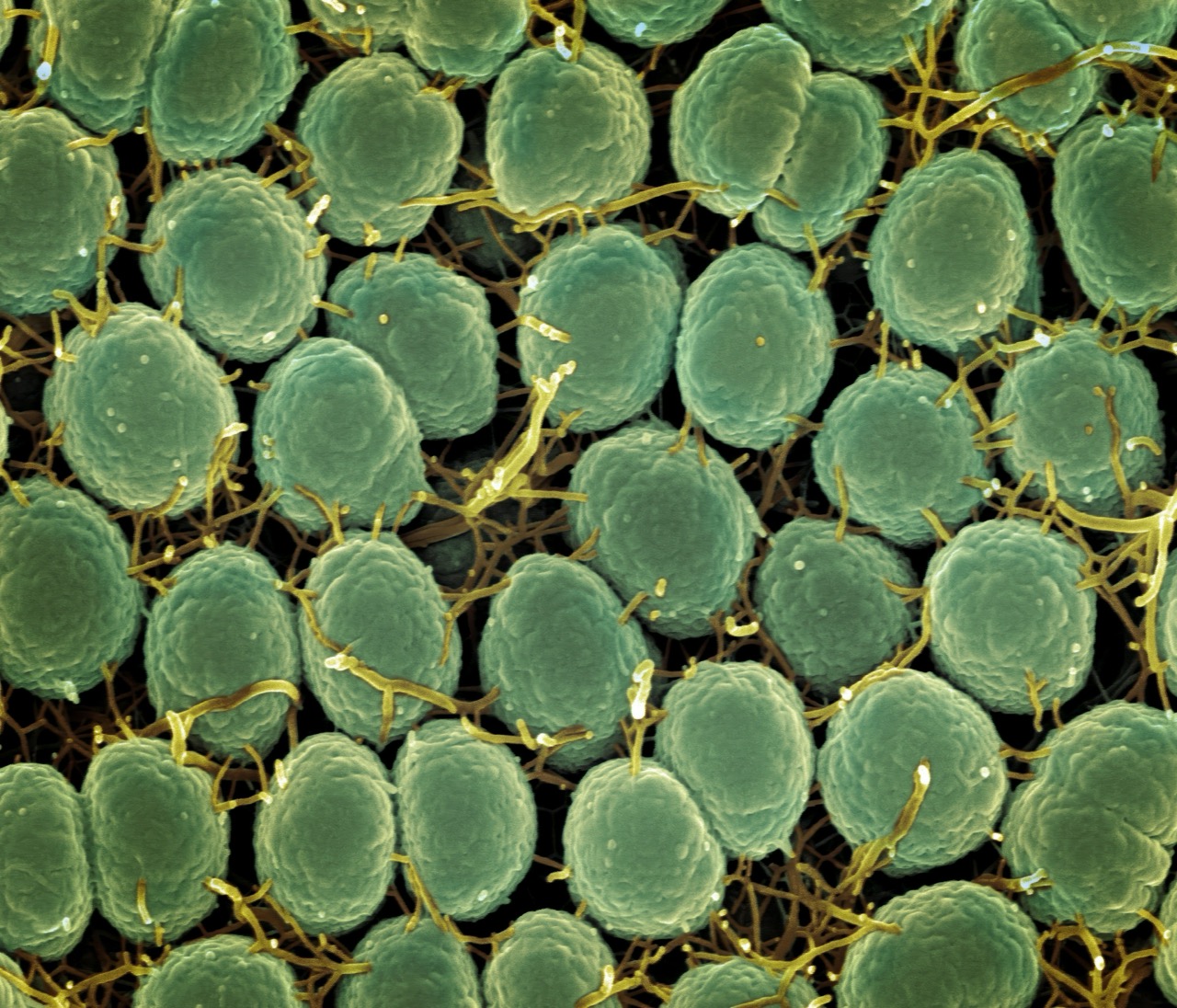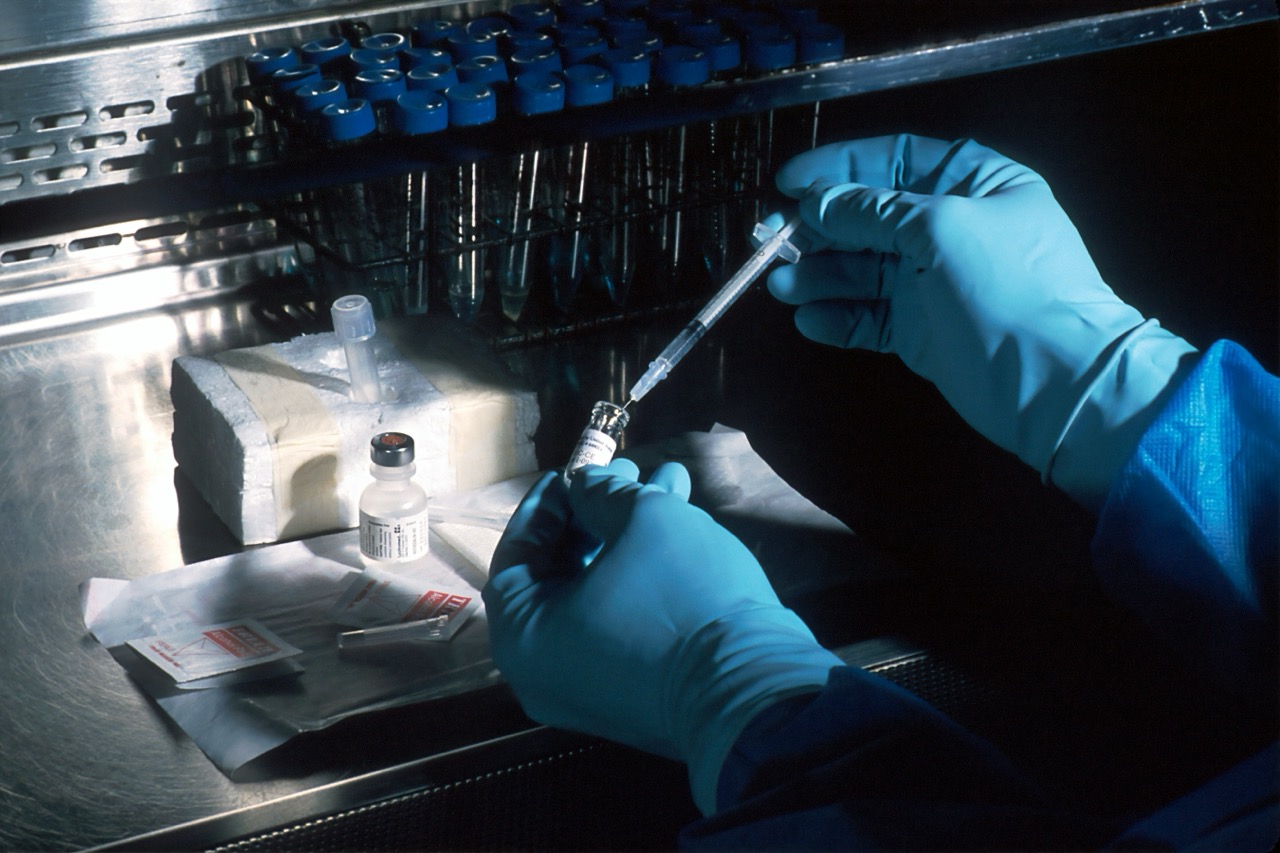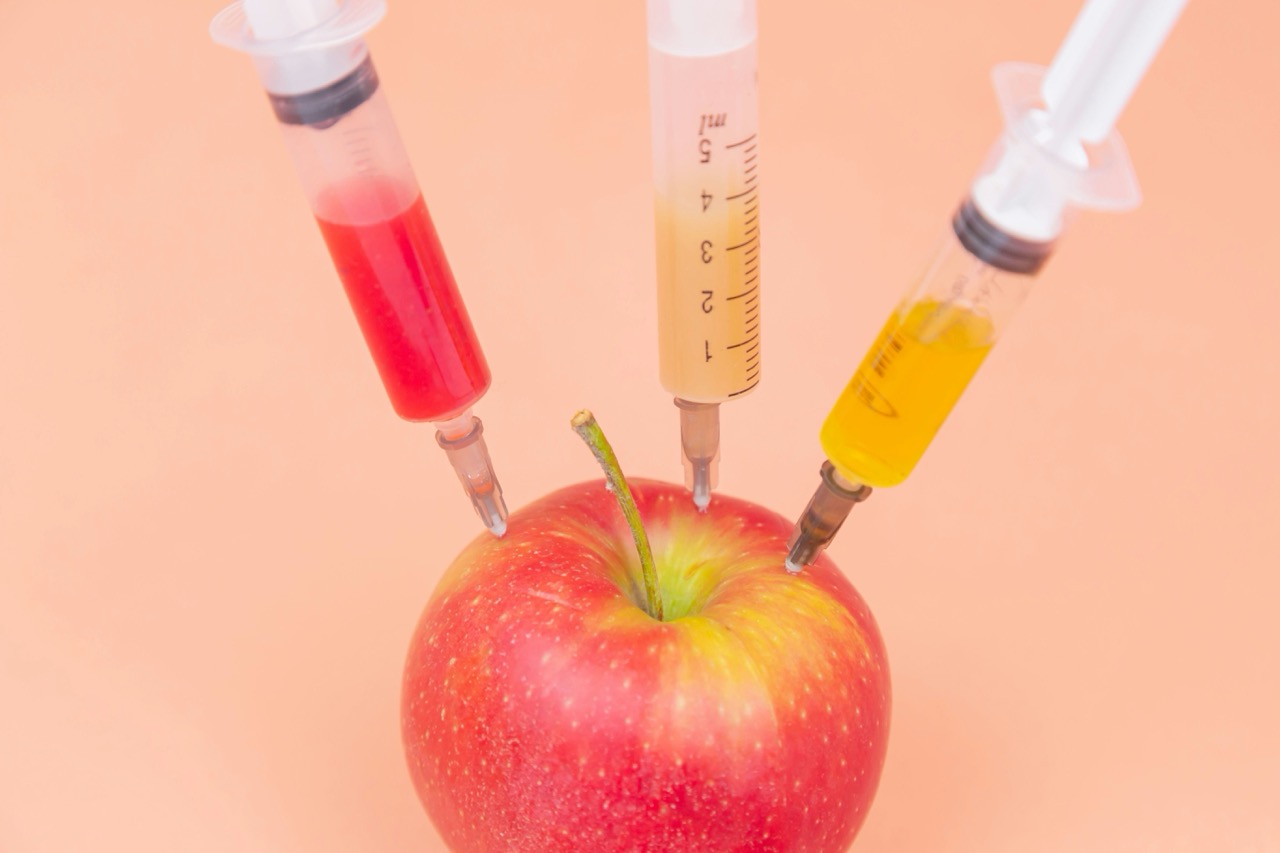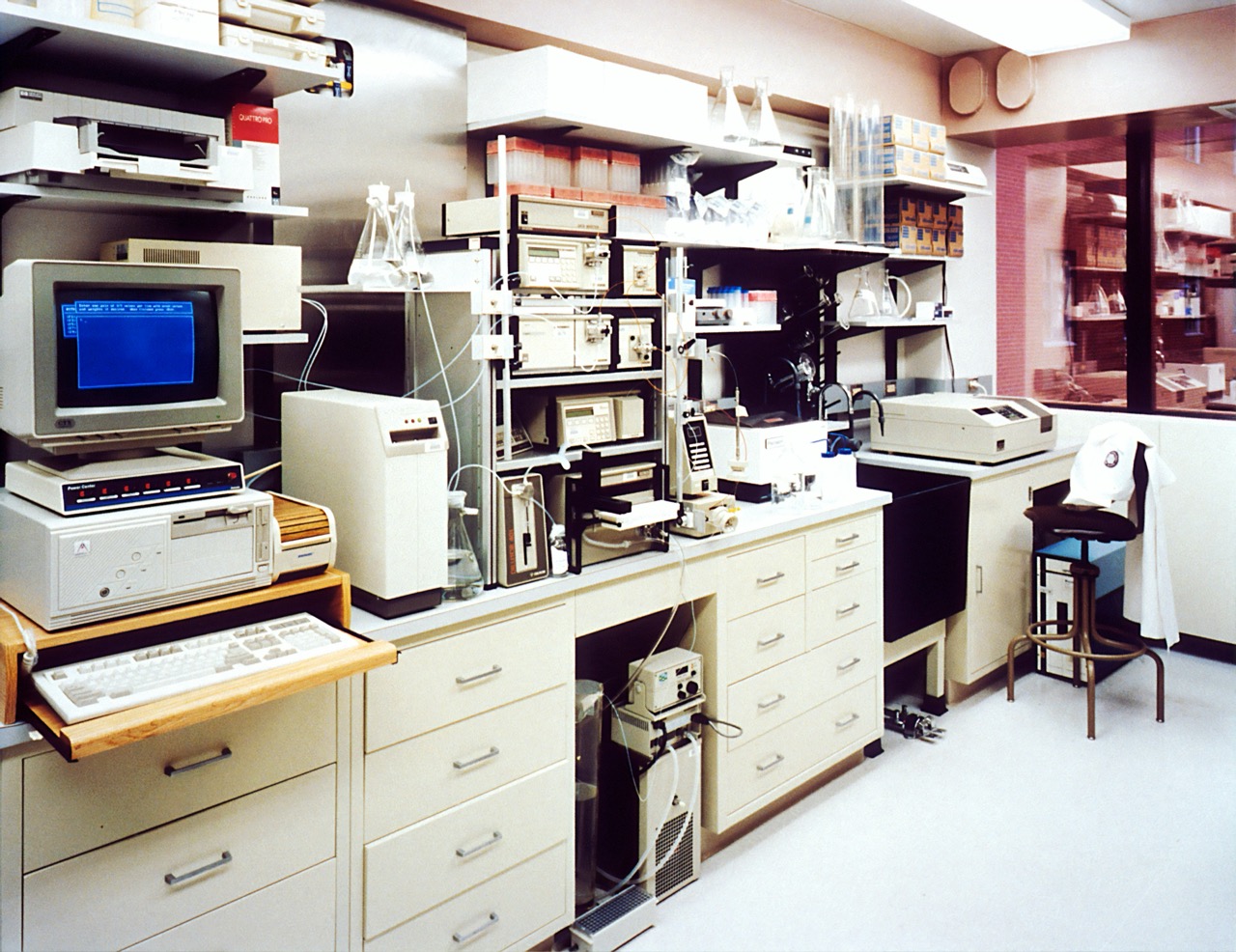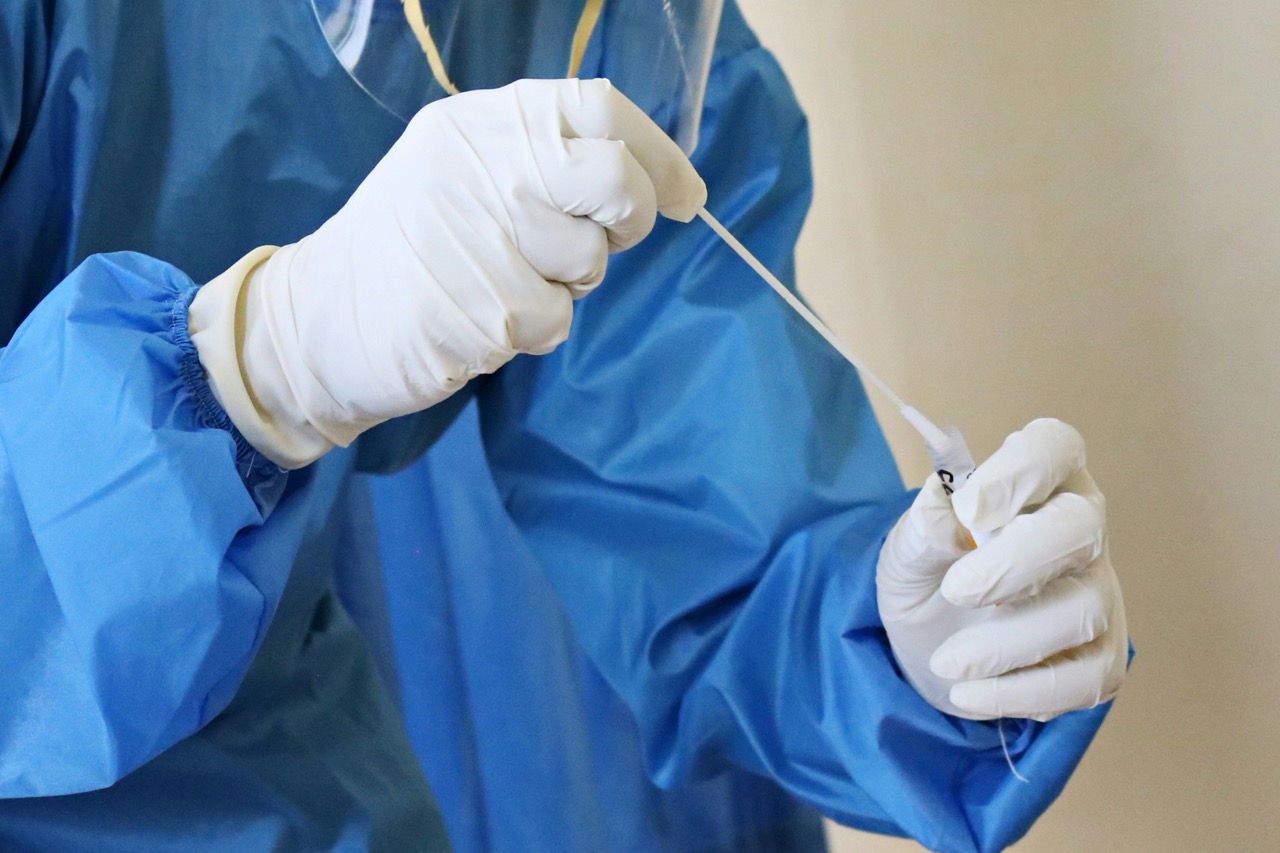Human Papillomavirus (HPV) is one of the most common sexually transmitted infections, with numerous strains that can lead to various health issues, including genital warts and certain types of cancer. While vaccination remains a critical strategy for HPV prevention, emerging research suggests that dietary choices can also play a significant role in managing HPV and enhancing overall immune function. This article aims to explore the relationship between diet and HPV, highlighting foods that can bolster the immune system and potentially aid in the fight against HPV.
Understanding HPV: Risks, Impacts, and Prevention Strategies
HPV is a group of more than 200 related viruses, with some strains classified as high-risk due to their association with cancers of the cervix, anus, oropharynx, and other areas. The virus is primarily transmitted through intimate skin-to-skin contact, making it highly prevalent among sexually active individuals. While many HPV infections resolve independently without causing health complications, persistent infections with high-risk strains can lead to serious health issues, emphasizing the importance of prevention and early detection strategies.
The impacts of HPV extend beyond physical health; they can also affect mental and emotional well-being. Individuals diagnosed with HPV may experience anxiety, stigma, and concerns about future relationships and reproductive health. As such, comprehensive prevention strategies are critical and may include vaccination, regular screening, and lifestyle modifications aimed at reducing risk factors associated with HPV transmission.
In addition to these strategies, ongoing research is exploring potential adjuncts to traditional prevention methods. Recent studies suggest that maintaining a healthy diet rich in specific nutrients can support the immune system’s ability to combat infections, including HPV. Thus, nutritional strategies may serve as a complementary approach to enhance the body’s natural defenses and promote overall wellness.
The Role of Nutrition in Supporting Immune Health
Nutrition plays a vital role in maintaining a robust immune system, which is particularly important for individuals at risk of or currently battling HPV. A well-balanced diet not only provides essential vitamins and minerals but also influences the body’s inflammatory response and overall health. Nutrient-rich foods can enhance immune function by promoting the production of immune cells and antibodies that help protect against infections and diseases.
Research indicates that certain nutrients, such as vitamins A, C, D, and E, along with minerals like zinc and selenium, are crucial for maintaining immune health. For instance, vitamin C is known for its antioxidant properties and its ability to stimulate the production of white blood cells, which are essential for fighting infections. Similarly, vitamin D has been linked to immune regulation and may play a role in reducing the risk of HPV-related complications.
Moreover, a diet that is high in fiber, antioxidants, and healthy fats can also play a significant role in modulating immune responses. Foods that contain probiotics, such as yogurt and fermented products, can help improve gut health, which is intricately connected to immune function. Therefore, incorporating a variety of nutrient-dense foods is essential for optimizing immune health and potentially mitigating the impacts of HPV.
Key Foods and Nutrients to Combat HPV Effectively
Certain foods have been identified as particularly beneficial for supporting the immune system and may assist in fighting HPV. Dark leafy greens, such as spinach and kale, are rich in vitamins A, C, and K, along with antioxidants that help reduce inflammation and promote cellular health. Berries, such as blueberries and strawberries, are also high in antioxidants and provide essential vitamins that bolster immune responses.
Another group of foods to consider includes those rich in omega-3 fatty acids, such as fatty fish (salmon, mackerel) and nuts (walnuts, flaxseeds). Omega-3s have been shown to reduce inflammation and may enhance the immune system’s ability to combat infections. Garlic, ginger, and turmeric are also noteworthy; these ingredients possess anti-inflammatory and immune-boosting properties that can help the body fight off infections more effectively.
In addition to these foods, incorporating foods high in zinc—such as legumes, seeds, nuts, and whole grains—can also support immune health. Zinc is essential for the development and function of immune cells and can play a role in reducing the duration and severity of infections. Together, these foods and nutrients create a robust dietary foundation for individuals looking to support their immune system in the fight against HPV.
Lifestyle Changes: Combining Diet with Immune Support
While a healthy diet is critical, combining nutritional strategies with other lifestyle changes can significantly enhance immune function. Regular physical activity is one such lifestyle modification that helps maintain overall health and supports immune system efficiency. Engaging in moderate exercise regularly can reduce inflammation, improve circulation, and promote the production of immune cells, all of which are beneficial for those concerned about HPV.
Additionally, adequate sleep is essential for immune health. Research indicates that sleep deprivation can weaken the immune response, making individuals more susceptible to infections. Prioritizing sleep hygiene by establishing a consistent sleep schedule, creating a restful environment, and avoiding screens before bedtime can help ensure restorative sleep, further enhancing the body’s ability to fend off infections.
Lastly, managing stress through mindfulness practices, such as meditation and yoga, can positively impact immune health. Chronic stress is known to suppress immune function, so incorporating stress-reducing techniques into daily routines can be an essential complement to dietary efforts. By adopting a holistic approach that includes diet, exercise, sleep, and stress management, individuals can bolster their immune system and improve their resilience against HPV.
In conclusion, while vaccination and regular screenings are key strategies for preventing and managing HPV, diet and nutrition can play a crucial role in supporting immune health. By focusing on a nutrient-rich diet filled with fruits, vegetables, whole grains, and healthy fats, individuals can enhance their immune function and potentially mitigate the impacts of HPV. Furthermore, adopting complementary lifestyle changes—such as regular exercise, adequate sleep, and effective stress management—can create a robust defense against infections. As research continues to evolve, integrating these dietary and lifestyle strategies can empower individuals to take proactive steps toward overall health and well-being in the face of HPV.
